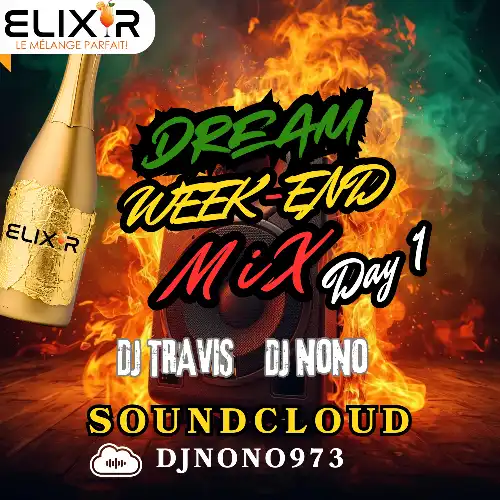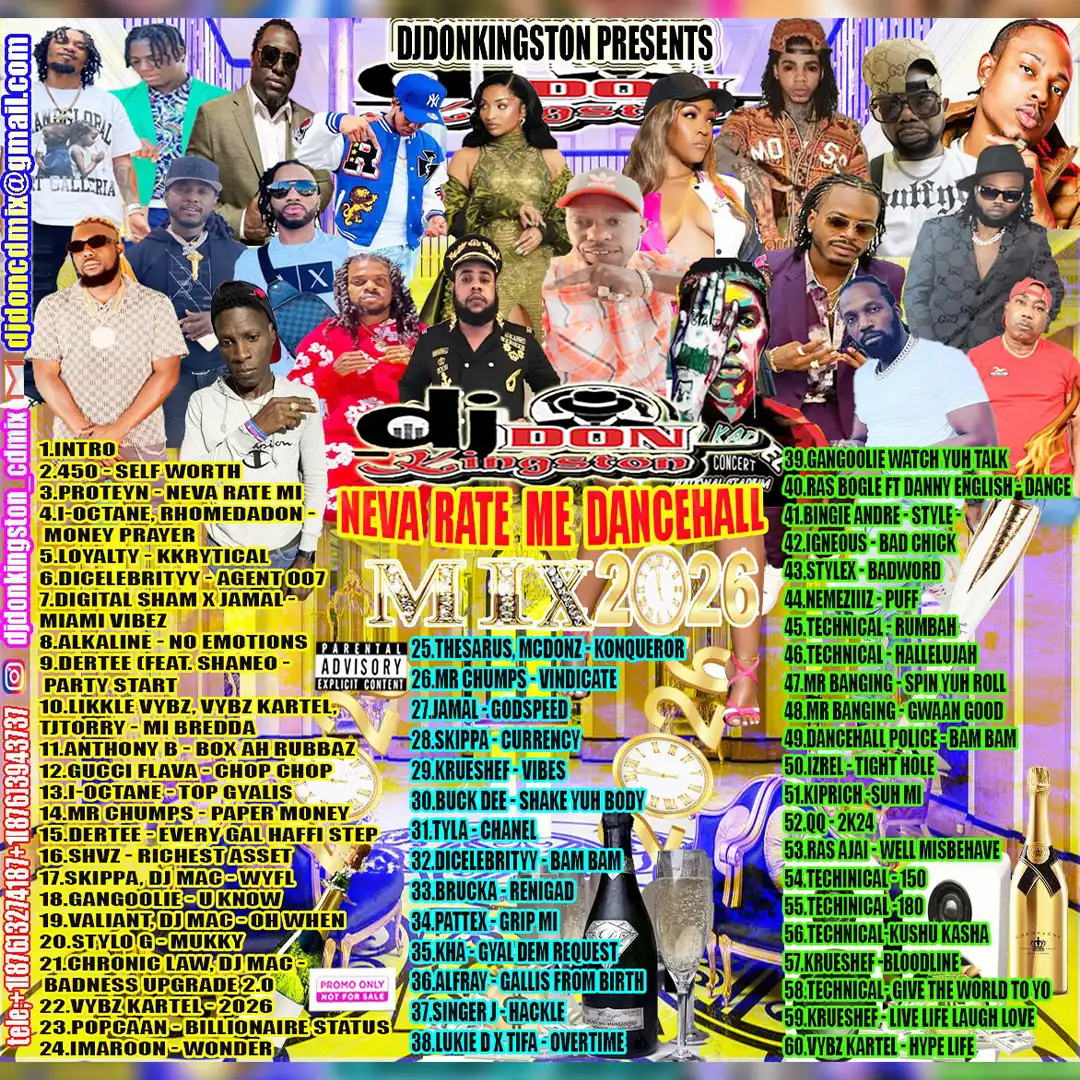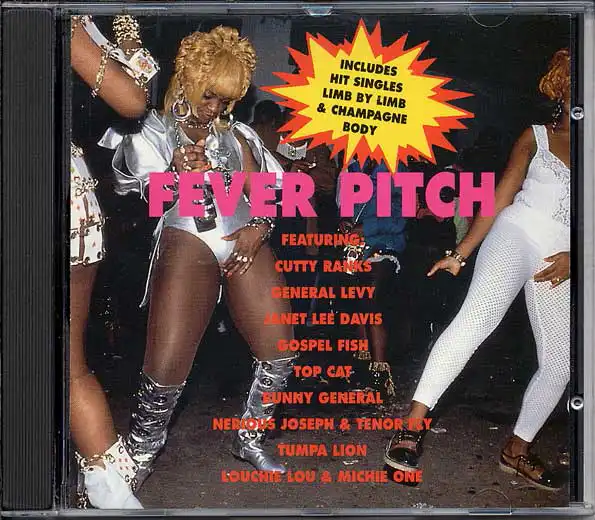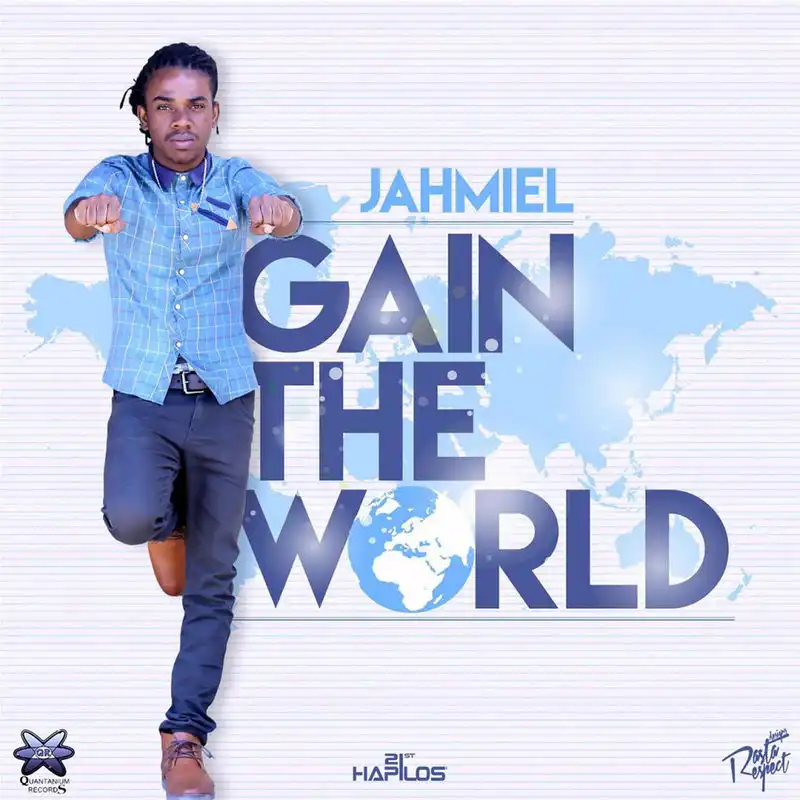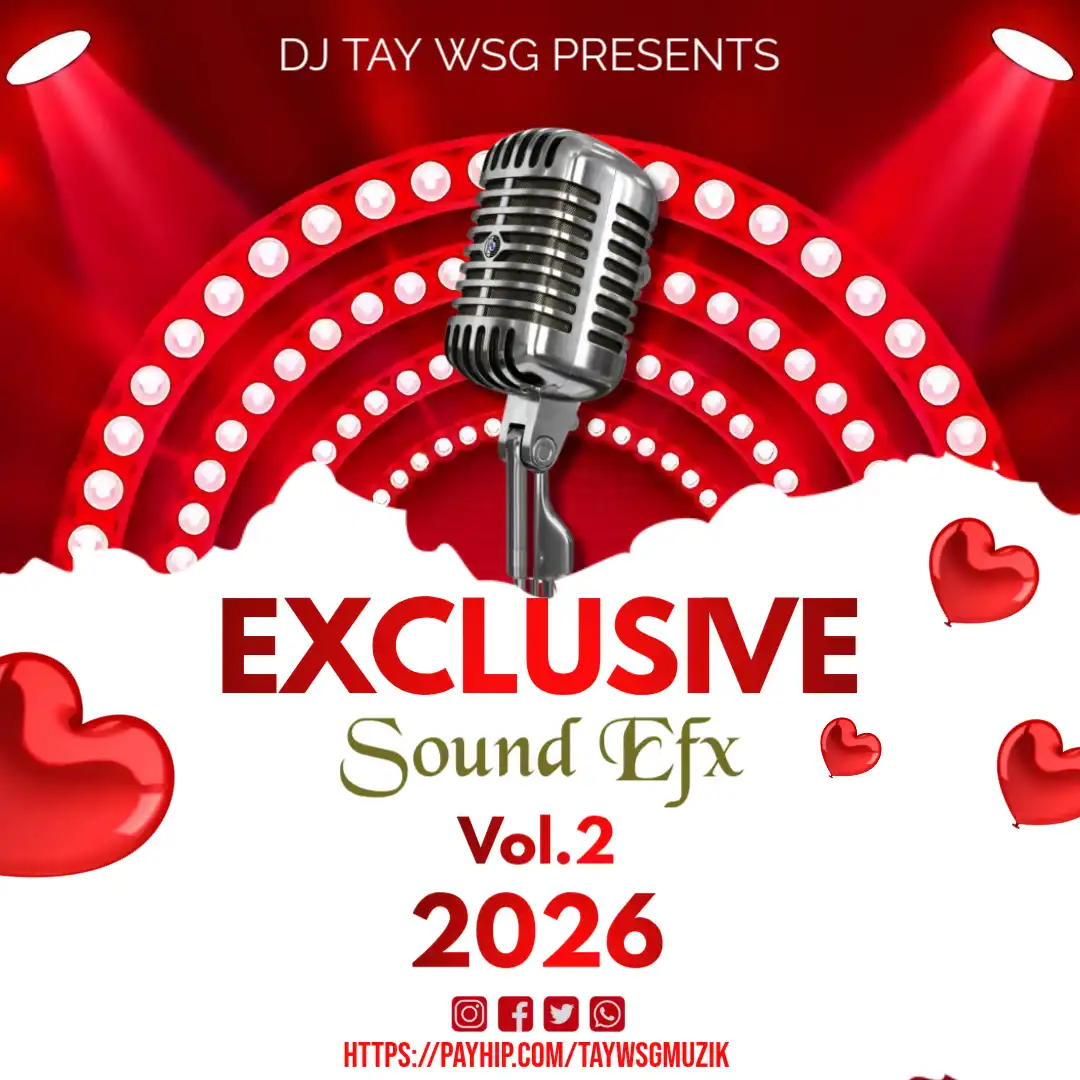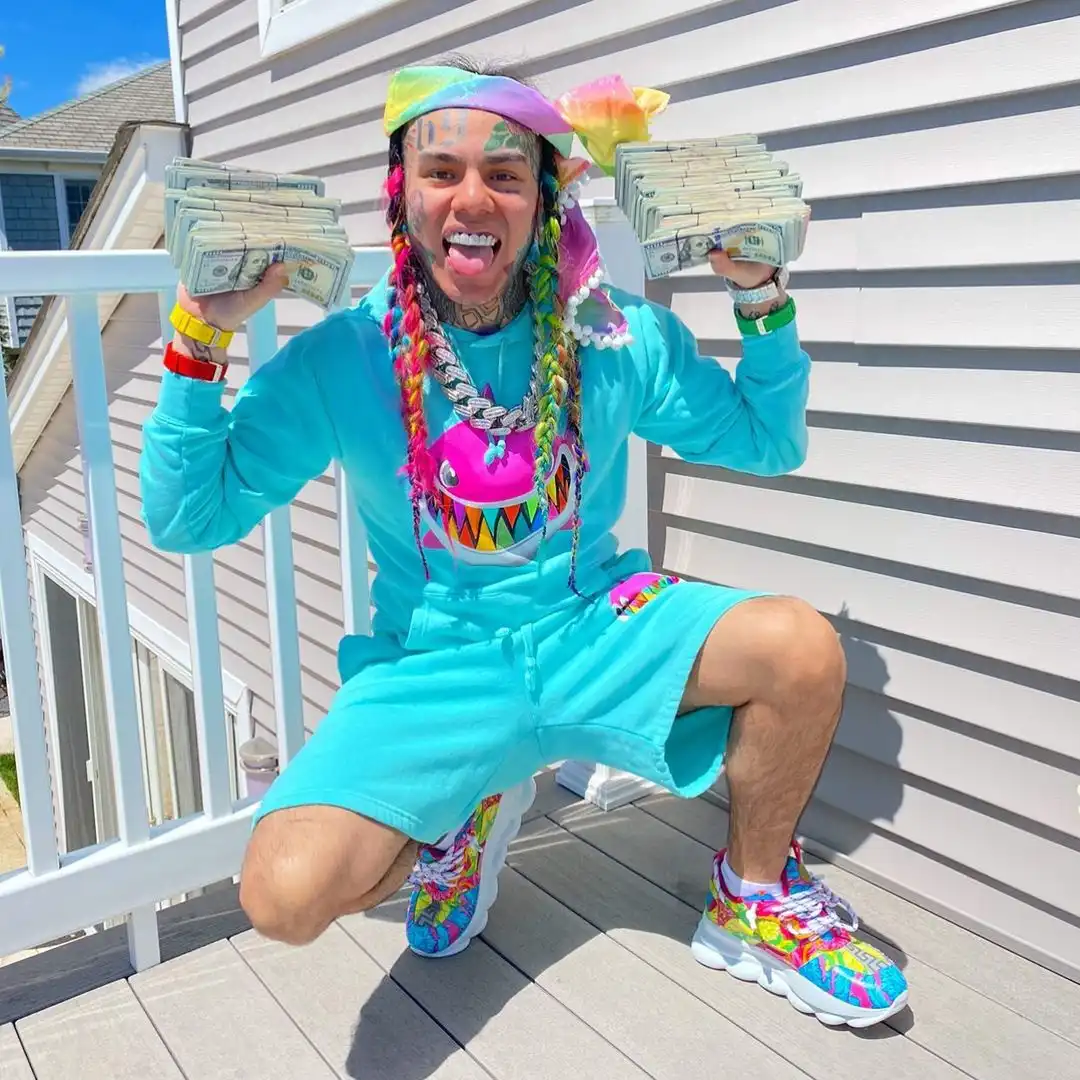
Early Life and Background:
Daniel Hernandez, known professionally as 6ix9ine (or Tekashi69), was born on May 8, 1996, in Bushwick, Brooklyn, New York City. He was raised by his mother, a Mexican immigrant, after his father, a Puerto Rican, was murdered when Hernandez was a child. His upbringing was marked by hardship, as he dropped out of school in the 8th grade and took on various jobs to help support his family.
Introduction to Music:
6ix9ine’s career in music began in 2014, but it wasn’t until 2017 that he gained significant attention. Initially known for his distinctive and eccentric appearance—marked by rainbow-colored hair, extensive tattoos, and aggressive public persona—Hernandez stood out in the music industry. His distinctive style reflected in his music, which blends aggressive, hard-hitting beats with shouted, confrontational lyrics.
6IX9INE Videography
Breakthrough with “Gummo”:
Hernandez’s breakthrough came with the release of “Gummo” in 2017, a track that became a sleeper hit and marked his rise to fame. The song quickly went viral, amassing millions of streams and views, and peaked at number 12 on the Billboard Hot 100. The success of “Gummo” set the stage for 6ix9ine’s rapid ascent in the music industry.
Mixtape Success and First Album:
In 2018, 6ix9ine released his debut mixtape, Day69, which further solidified his position in the rap game. The mixtape featured singles like “Kooda”, “Keke” (featuring Fetty Wap and A Boogie wit da Hoodie), and “Gotti”, all of which charted on the Billboard Hot 100. Following the success of his mixtape, he released his debut studio album, Dummy Boy, later that year. The album featured high-profile collaborations, including the hit single “Fefe” with Nicki Minaj and Murda Beatz, which peaked at number three on the Billboard Hot 100.
Despite receiving negative reviews from critics, Dummy Boy was commercially successful, debuting at number two on the Billboard 200 and being certified platinum by the Recording Industry Association of America (RIAA).
Legal Issues and Criminal Charges:
6ix9ine’s career has been riddled with legal issues. In 2015, Hernandez pleaded guilty to the felony charge of using a child in a sexual performance. He received a four-year probation sentence and was ordered to complete 1,000 hours of community service. His legal troubles escalated in 2018, when he was arrested on charges related to racketeering, weapons possession, and drug trafficking. Facing a minimum of 47 years in prison, 6ix9ine struck a deal with federal prosecutors and pleaded guilty to nine charges, including conspiracy to commit murder and armed robbery.
In a highly publicized move, Hernandez cooperated with the authorities by testifying against members of the Nine Trey Gangsters, the gang with which he was affiliated. His decision to turn witness led to widespread condemnation from many within the hip-hop community, where cooperation with law enforcement, often labeled “snitching,” is viewed as a betrayal. Due to his cooperation, Hernandez’s sentence was reduced, and in February 2019, he was sentenced to two years in prison.
Release from Prison:
Due to concerns over his health during the COVID-19 pandemic (as he suffers from asthma), 6ix9ine was granted early release in April 2020 and was placed on house arrest for the remainder of his sentence. In August 2020, he was officially released from custody.
Post-Prison Career and Continued Success:
Despite his legal troubles and widespread criticism within the industry, 6ix9ine continued to maintain commercial success following his release from prison. His first single after release, “Gooba”, debuted at number three on the Billboard Hot 100, signaling that his fan base remained strong. Shortly afterward, he released “Trollz”, his third collaboration with Nicki Minaj, which debuted at number one on the Hot 100, giving 6ix9ine his first-ever chart-topping single.
In September 2020, Hernandez released his second album, TattleTales, which debuted at number four on the Billboard 200. Although commercially successful, TattleTales received mixed to negative reviews and failed to sustain its initial chart momentum.
Industry Ostracization and Feuds:
Hernandez’s decision to cooperate with the authorities during his trial led to his ostracization within the hip-hop industry. Major figures like Snoop Dogg, Meek Mill, and The Game openly criticized 6ix9ine, labeling him a “snitch.” Despite the backlash, 6ix9ine has maintained a confrontational public image, frequently engaging in social media feuds with other artists and figures within the industry.
Public Persona and Cultural Impact:
6ix9ine’s image is defined by his flashy, provocative behavior and outlandish appearance, which includes his signature rainbow-colored hair and face tattoos. He has used social media to his advantage, often engaging in controversy and trolling to generate attention for his music. His bold, unapologetic personality has made him one of the most polarizing figures in modern rap.
Conclusion:
Despite his controversial legal history and conflicts with both the law and the music industry, 6ix9ine has remained a commercial force in rap music. While many have criticized his actions, his ability to generate hits and maintain a devoted fan base proves that his influence on the genre is undeniable. Whether embraced or rejected by the hip-hop community, 6ix9ine’s legacy is characterized by his rebelliousness, controversy, and unorthodox approach to fame.
Follow 6ix9ine
#6ix9ine
instagram.com/6ix9ine
x.com/6ix9ine
youtube.com/@6ix9ine
soundcloud.com/scumgang6ix9ine
VIP DJ Cloud
The Ultimate Access for DJs & Radio Hosts 🎧☁️
Tired of waiting for new releases? Looking for music to liven up your parties, recover lost data, or discover never-before-heard tracks? Get exclusive access to my cloud for only €15/month! All the details here!
Join the community and don’t miss anything
*Support my work !
Option 1 – Subscribe on a Paid Patreon plan for exclusive content and help make more awesome things! Each plan have their description
Option 2 – Stream and share our latest features !

